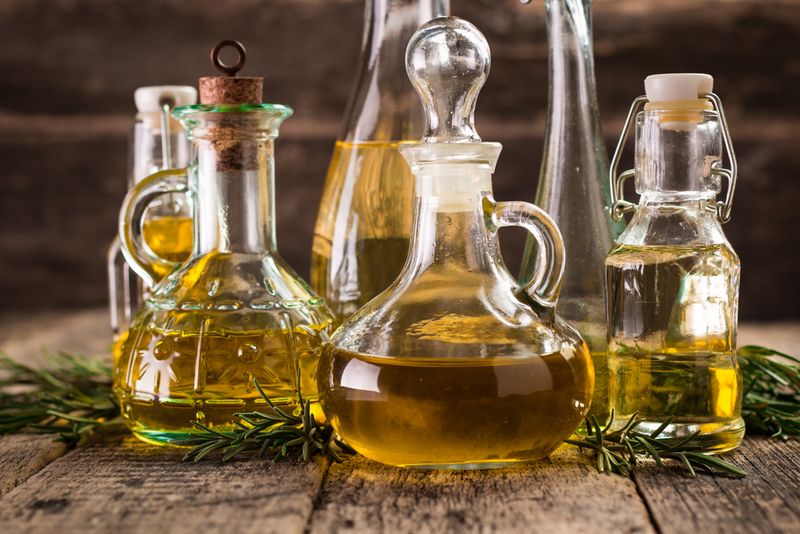China reduces forecasts for 2021/22 edible oil production and imports

Forecasts for edible oil production and imports in China for 2021/22 have been cut due to higher international prices and lower import margins, according to the monthly update to the country’s Agriculture Supply and Demand Estimates (Casde) reported by AgriCensus.
The country is expected to produce 27.52M tonnes of edible vegetable oil in the period, a reduction of 160,000 tonnes compared to the previous estimate, according to the 13 September report.
The drop was due to a decline in rapeseed oil production to 5.78M tonnes, with a drop of 160,000 tonnes compared to last month’s forecast, the report said.
Imports of edible vegetable oil for the current marketing year were forecast at 5.93M tonnes, compared with 6.6M tonnes estimated in August.
Of the total, rapeseed oil and soyabean oil imports for 2021/22 were reduced by 300,000 tonnes and 70,000 tonnes from their previous outlooks to 1M tonnes and 380,000 tonnes respectively.
“China’s imports of rapeseed and edible vegetable oil in 2021/22 were lower than the estimates in the previous month, on high prices of vegetable oil in the international market and low import profits,” the agency was quoted as saying.
The agency said it expected consumption of edible vegetable to be stable at 36.34M tonnes.
As a result, the year-end balance between supply and demand for 2021/22 edible oil dropped 820,000 tonnes compared to previous estimates to -3.16M tonnes mt.
Chinese government analysts had maintained estimates for edible oil production and imports of 29.25M tonnes and 8.43M tonnes respectively, AgriCensus wrote.
For soyabeans, China’s Ministry of Agriculture and Rural Affairs (MARA) had also maintained its forecasts for imports and production for the new crop year at 95.2M tonnes and 19.48M tonnes, the report said.
Soyabean consumption for 2022/23 remained at 112.87M tonnes, leaving the year-end balance between supply and demand unchanged at 1.66M tonnes.
China’s marketing year for vegetable oil, corn and soyabeans runs from October to September.
Read also
Wheat in Southern Brazil Impacted by Dry Weather and Frosts
Oilseed Industry. Leaders and Strategies in the Times of a Great Change
Black Sea & Danube Region: Oilseed and Vegoil Markets Within Ongoing Transfor...
Serbia. The drought will cause extremely high losses for farmers this year
2023/24 Safrinha Corn in Brazil 91% Harvested
Write to us
Our manager will contact you soon



